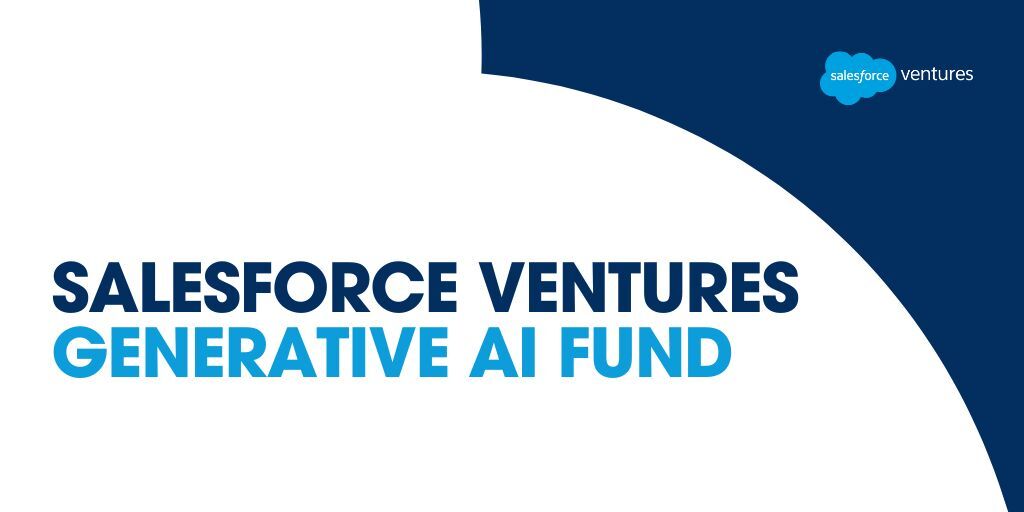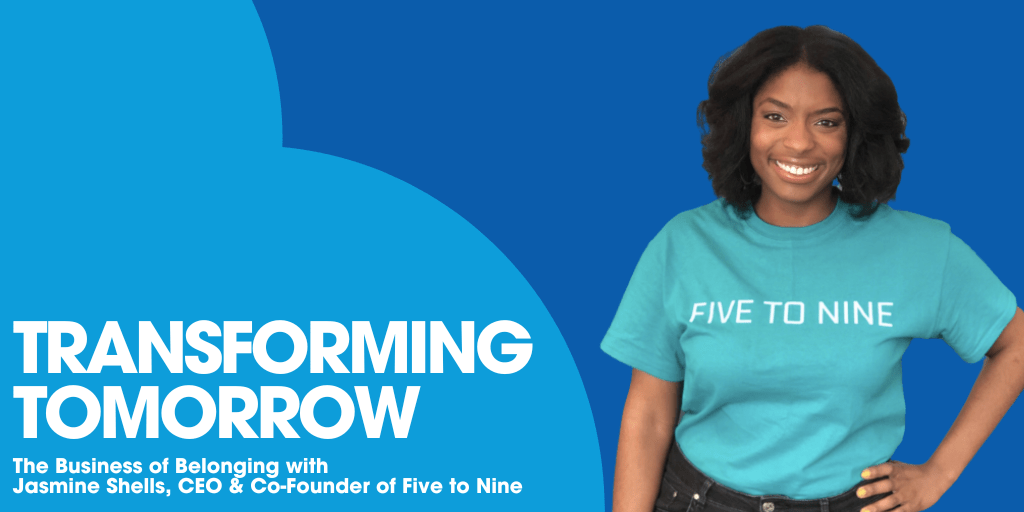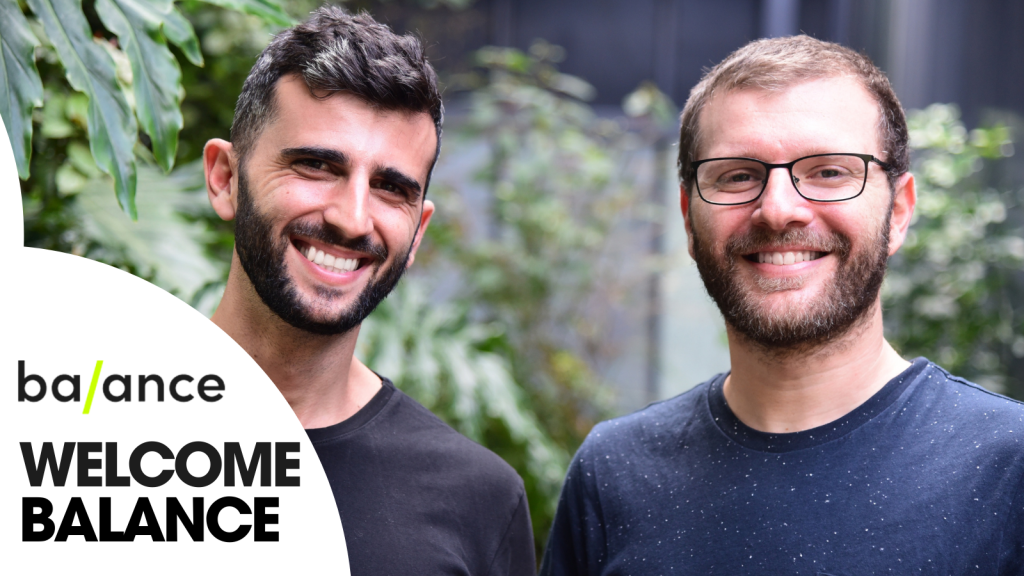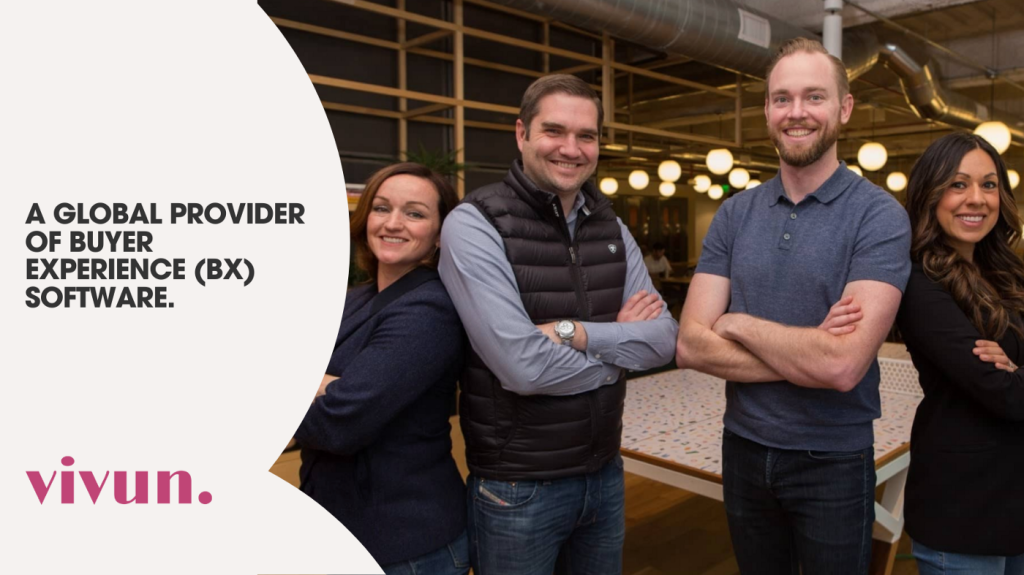Perspective Type: Portfolio

by
Rob Keith and Emily Zhao

by
Claudine Emeott and Adrianna Alterman

by
Paul Drews and Emily Zhao


by
Rob Keith and Emily Zhao

by
Paul Drews and Emily Zhao

Salesforce Ventures Launches $250M Generative AI Fund

by
Claudine Emeott and Enki Toto

Transforming Tomorrow: The Business of Belonging with Jasmine Shells of Five to Nine

by
Nowi Kallen, Jessica Bartos and Zak Kokosa

by
Katie Schwartz Thiry and Zak Kokosa

Finally, the Sales Team Behind the Sales Team Gets Some Love
by
Paul Drews and Dom Pusateri